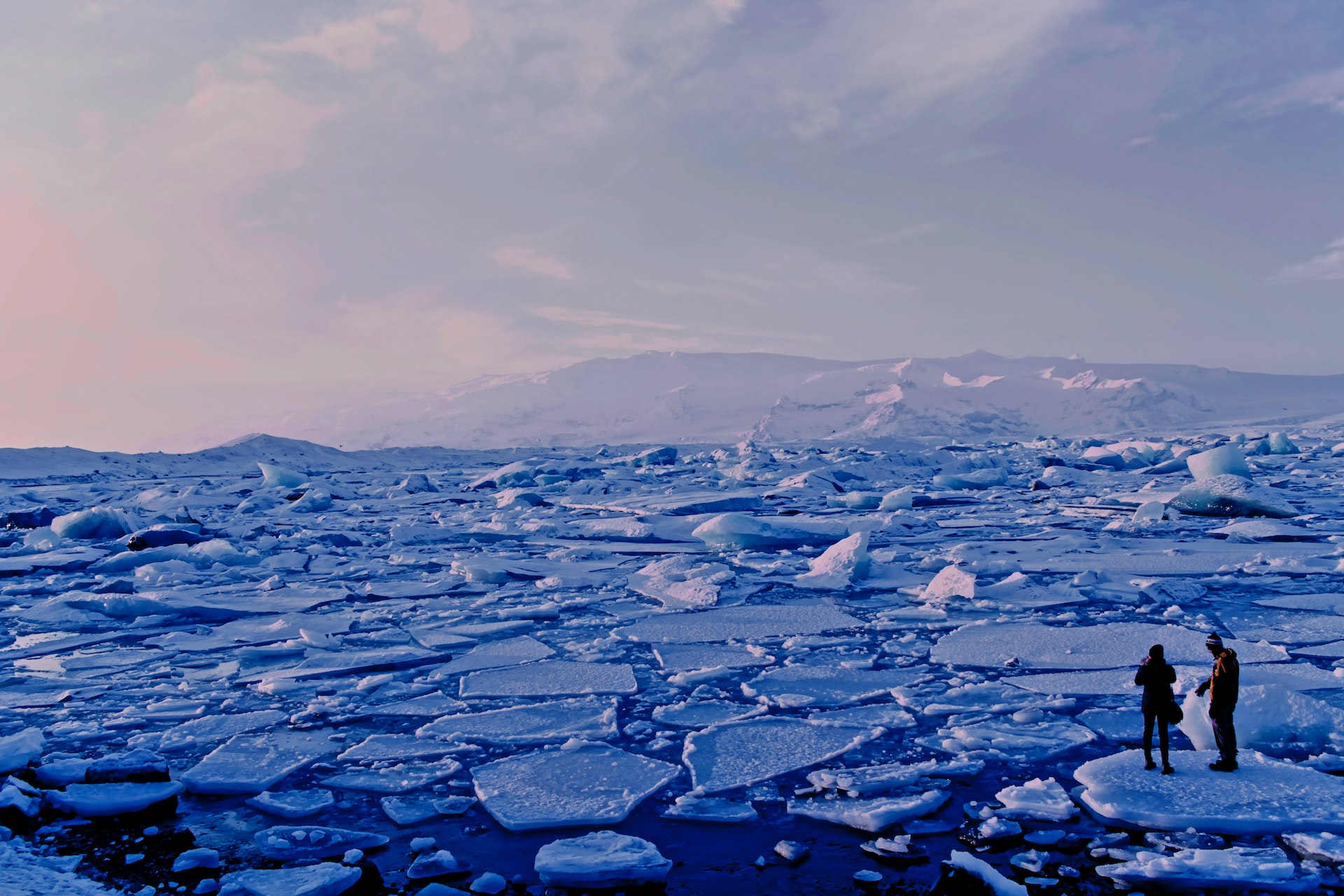The Intergovernmental Panel on Climate Change (IPCC) has released its Synthesis Report for the Sixth Assessment Cycle, bringing together comprehensive, previously released reports on the physical science of climate change, what can be done to adapt to it, and what can be done to reduce the amount of greenhouse gases we emit.
The Science Media Centre hosted a briefing for journalists with a New Zealand author of the IPCC Synthesis Report of the Sixth Assessment Report (AR6).
SPEAKER:
Professor Bronwyn Hayward, University of Canterbury
The full briefing and excerpted comments from Professor Hayward’s piece in The Conversation are available here.
These are excerpted comments from Professor Bronwyn Hayward’s recently published piece in The Conversation.
“This decade is the critical moment for making deep, rapid cuts to emissions, and acting to protect people from dangerous climate impacts we can no longer avoid, according to the latest report by the Intergovernmental Panel on Climate Change (IPCC).
“The synthesis report is the culmination of seven years of global and in-depth assessments of various aspects of climate change.
“It reiterates that the world is now about 1.1℃ warmer than during pre-industrial times. This already results in more frequent and more intense extreme weather, causing complex disruption and suffering for communities worldwide. Many are woefully unprepared.
“The report stresses our current pace and scale of action are insufficient to reduce rising global temperatures and secure a liveable future for all. But it also highlights that we already have many feasible and effective options to cut emissions and better protect communities if we act now.
“Many countries have already achieved and maintained significant emissions reductions for more than ten years. Overall, however, global emissions are up by 12% on 2010 and 54% higher than in 1990. The largest rise comes from carbon dioxide (from the burning of fossil fuels and industrial processes), followed by methane.
“The world is expected to cross the 1.5℃ temperature threshold during the 2030s (at the current level of action). Already, the effects of climate change are not linear and every increment of warming will bring rapidly escalating hazards, exacerbating more intense heatwaves and floods, ocean warming and coastal inundation. These complex events are particularly severe for children, the elderly, Indigenous and local communities, and disabled people.
“But in agreeing to this report, governments have now recognised that human rights and questions of equity, loss and damage are central to effective climate action.
“This report also breaks emissions down to households – 10% of the highest-emitting households contribute 40-45% of global greenhouse gas emissions, while 50% of the lowest-emitting households (including small islands communities), contribute less than 15% of overall greenhouse gases.”
